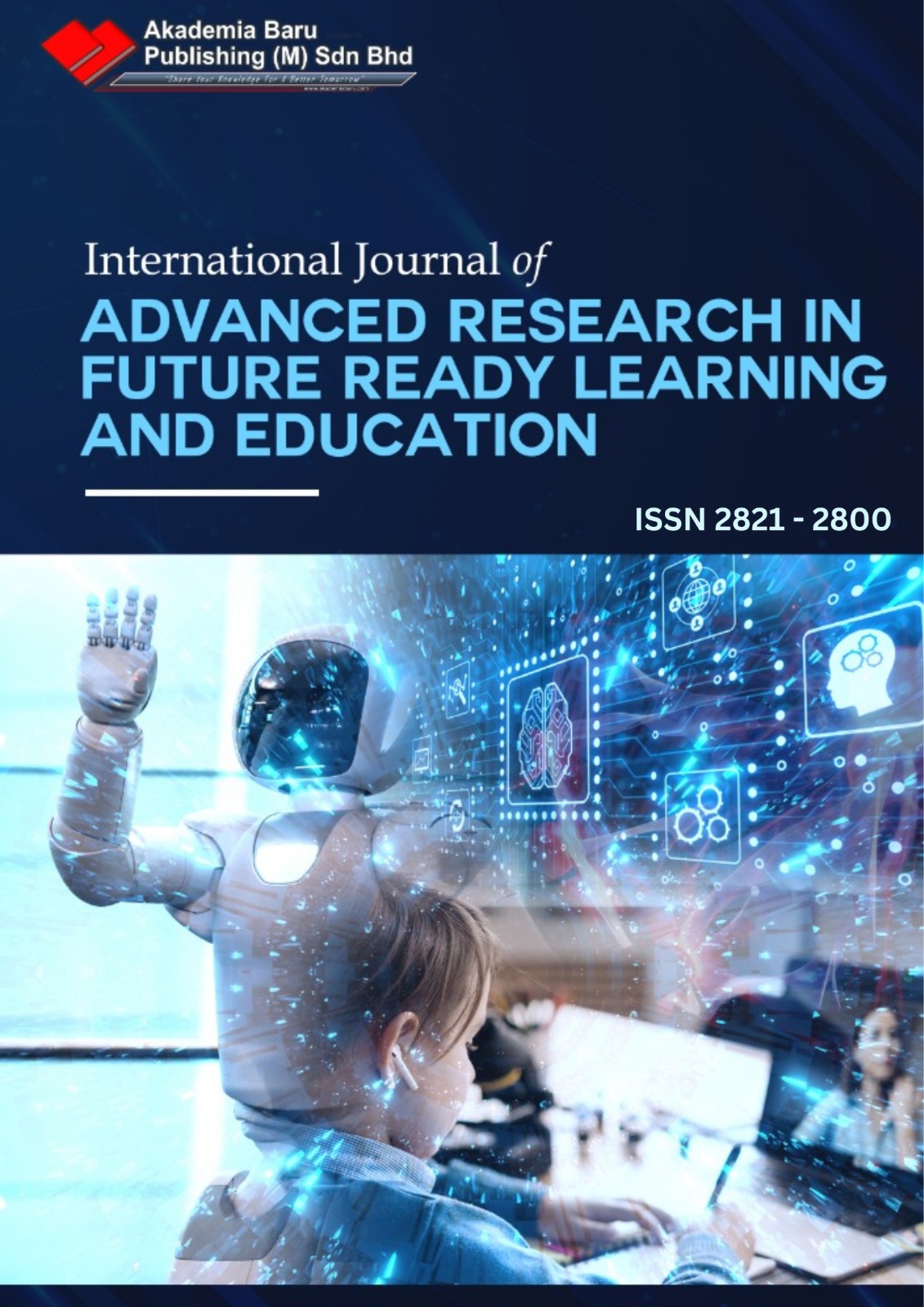The Perception of Malaysian Undergraduates towards Bilingualism and Multilingualism in Language Learning
DOI:
https://doi.org/10.37934/frle.34.1.19Keywords:
Bilingualism, multilingualism, language learning, cross-culturalAbstract
Language is essential to human communication and identity. Individuals may have different language abilities in one or more languages. Bilingualism refers to the ability to use two languages proficiently, whereas multilingualism is characterised by the ability to use more than two languages. Cultural background, societal views, and personal experiences can significantly impact perceptions. Bilingualism and multilingualism may be viewed positively by some students while negatively by others. In today's globalised society, language diversity is growing, yet there is little research on students' perceptions of bilingualism and multilingualism in higher education in the Malaysian context. The study seeks to identify Malaysian undergraduates' perceptions towards bilingualism and multilingualism in language learning. Conducted among 51 undergraduate students at an engineering university in Malaysia, this quantitative study employed a survey-based approach. The result revealed positive perceptions of bilingualism and multilingualism in language learning influenced by the bilingual education system in Malaysia and globalisation. The present research has proved that students favour bilingualism and multilingualism, enhancing their motivation to acquire additional languages. This inclination stems from the belief that having proficiency in more than two languages confers a more excellent knowledge upon individuals.














